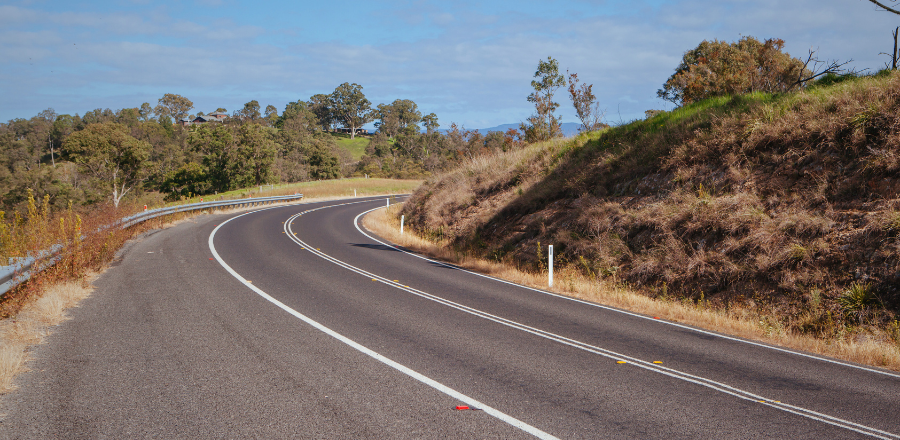More than 2 million New Zealanders say they have no religion, Stats NZ said today.
In the 2018 Census, 2,264,601 people in the census usually resident population count reported they had no religion.
The 2018 Census results showed almost half the population (48.2 percent) had no religion, compared with 41.9 percent in the 2013 Census, 34.6 percent in the 2006 Census, and 29.6 in the 2001 Census.
“This latest result supports an increasing trend in the number of people reporting no religion in the last few censuses. Now, those with no religion outnumber those affiliated with at least one religion,” census general manager Kathy Connolly said.
| Census year | No religion |
| 2001 | 1028049 |
| 2006 | 1297104 |
| 2013 | 1635345 |
| 2018 | 2264601 |
Of those affiliated with at least one religion, ‘Christian’ remains the largest overall religious grouping, despite decreasing as a proportion since 2013. The top five denominations were:
- Anglican – 314,913 people
- Christian nfd (Christian but with no denomination specified) – 307,926 people
- Roman Catholic – 295,743 people
- Presbyterian – 221,199 people
- Catholicism nfd (not further defined) – 173,016 people.
Affiliations with other religions have also grown since previous censuses. Apart from the Christian religions, 121,644 people reported Hinduism nfd as their religion, 57,276 identified with Islam nfd, and 40,908 reported Sikhism.
Of the Māori religions, beliefs, and philosophies, 43,821 people identified with Rātana and 12,336 people reported Ringatū as their religion.
In 2018, although the largest response group was those who stated they had no religion, the people who did report an affiliation were a very diverse population representing 157 religious affiliation categories.
Among the more recently added religious affiliation categories, those with the largest numbers were the Church of the Flying Spaghetti Monster, with 4,248 people, and Jedi, with 20,409 people.
About the 2018 Census dataset
We combined data from the census forms with administrative data to create the 2018 Census dataset, which meets Stats NZ’s quality criteria for population structure information.
We added real data about real people to the dataset where we were confident they should be counted, but they hadn’t completed a census form. We also used data from the 2013 Census and administrative sources, and statistical imputation methods to fill in some missing characteristics of people.
The independent External Data Quality Panel has endorsed the statistical approaches used by Stats NZ to mitigate non-response.
Religious affiliation
Religious affiliation is the self-identified association of a person with a religion, denomination, or subdenominational religious group.
A religion is a set of beliefs and practices that usually involves acknowledging a higher power, and guides people’s conduct and morals. Religious affiliation can have multiple responses as people may affiliate with more than one religion or denomination.
A denomination is a subgroup of a religion. For example, Roman Catholic is a Christian denomination.
As with previous censuses, people can write multiple answers to the religion questions. For this reason, counts sum to more than the total population and proportions sum to more than 100 percent.








